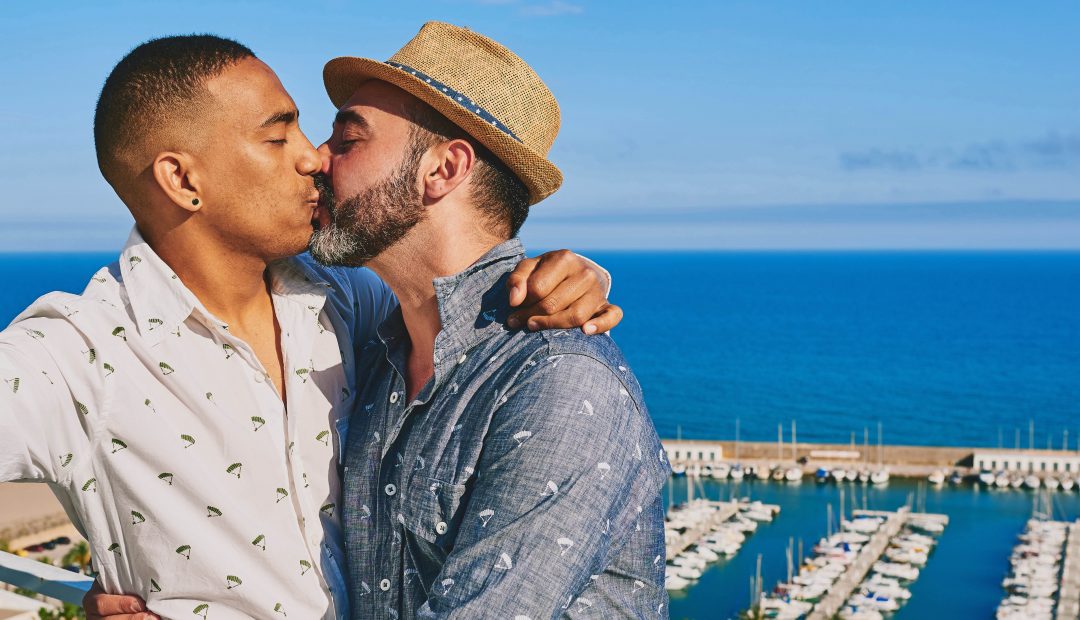When traveling, it’s always a good idea to be fully prepared by researching the destination you plan to visit. This is particularly important for LGBTQ+ travelers, as we must always consider our safety when visiting places that may have more hostile attitudes and laws regarding queer people.
Before Traveling:
The X Gender marker was recently introduced as an option on U.S. passports, however the United States government cannot guarantee that other countries will recognize it. This may result in entry restrictions, however, and thus it is good to check with the foreign embassy or consulate in the United States beforehand. The X gender marker will also become available on Consular Reports of Birth Abroad for United States citizens in late 2023. As of now, one can follow the steps here to update a male or female gender marker on the Consular Report of Birth Abroad.
It is also important to make sure to pack important documents, particularly in consideration of how the legal rights of other countries may differ from those of the United States. Legal, health, parentage and/or custody documents are all obvious necessities. Other essentials include visas, passports, medications allowed by the embassy of one’s destination, and an international driving permit. There is also the Smart Traveler Enrollment Program offered for free to U.S. citizens traveling abroad, which includes current Travel Advisories and Alerts.
While You Are There:
It is essential to know about the laws other countries have in regards to LGBTQ+ rights, gatherings, and pro-LGBTQ+ materials, among other things. Refer to the country information page to research more about your destination. It is also good to be cautious of potentially risky situations, any new “friends” who may be criminals targeting you for extortion. Some countries also monitor websites, mobile apps, or meeting places so be cautious when interacting with the local community. There are also some areas of a destination that are far more LGBTQ+ friendly than others, and thus when navigating about it is important to be careful of those differences.
If you are a US citizen in need of help, you can approach the nearest U.S. embassy or consulate, particularly on occasions when local police have not been helpful. For guidance on other specific issues relating to being LGBTQ+ abroad and for more resources, click here.
For updates on the COVID-19 Testing Policy for travel, click here.
For resources on health abroad, click here.


